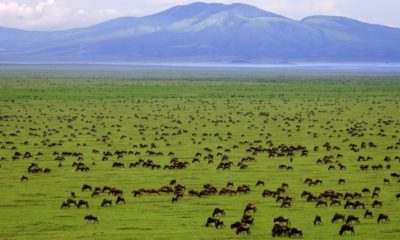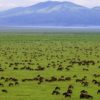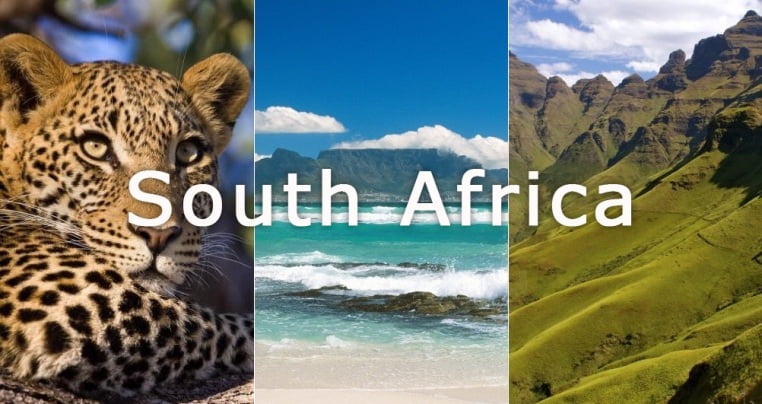Africa
Backpacking Botswana Need To Know
Basics
Languages:
Capital:
Currency:
| Dial Code:
International Access Code:
Emergency Services Number:
Time Difference:
|
Entry
Citizens of most countries (including all EU countries, The US, Canada, Australia and New Zealand) do not need a visa for stays of up 90 days.
Your passport should be valid for a minimum period of 6 months from the date of entry into Botswana.
Yellow fever vaccination is required for travellers arriving from countries with risk of yellow fever transmission.
For official information visit your home government travel bureau.
Getting Around
In major towns taxis are generally safe to take. You should agree a price before setting off.
More detail is to come in this section, but you can read about general advice regarding Getting Around When You Get There
Accommodation
Botswana doesn’t have a tourism sector aimed specifically at backpackers, so you may struggle to find hostels. However hotels and guesthouses are relatively cheap, but vary in quality. Camping is also a viable option.
Read more about Accommodation When You Get There
Food And Health
Food hygiene and safety is improving, but isn’t up to Western standards. Use your instincts; if the place looks dirty, don’t eat there; if your food isn’t piping hot, don’t eat it.
Water is not safe to drink, so stick to bottled or boil.
Health care in Botswana is good in major towns, but medical facilities and communications are limited in rural areas. For serious medical treatment, medical evacuation may be necessary. Private hospitals will not treat patients unless you can pay, and the cost of health care may be high. Outpatients must pay cash before receiving treatment. You will only be accepted as an emergency patient if you have full insurance cover. Make sure you have adequate travel health insurance and accessible funds to cover the cost of any medical treatment abroad and repatriation.
Always contact your GP around 8 weeks before your trip to check whether you need any vaccinations or other preventive measures. Visit here for Recommended Vaccinations and read here for more about Travelling Health In General
Weather & Time To Go
Botswana’s climate is semi-arid. It is hot and dry for much of the year, but there is a rainy season, which usually runs from December to February. There isn’t necessarily a bad time to go, but flash flooding can occur in the rainy season and it can be very hot for some in the dry months.
Communications
Internet is generally slow, but accessible in most towns, hotels and lodges. International calling cards are cheaply available in large towns.
Dangers And Considerations
Attacks on tourists are rare, but you should take care in the major towns of Gaborone, Francistown and Maun.
Room break-ins and robbery from lodges are also rare, but can happen, so lock your room when you can and secure valuables.
Be alert to unpredictable behaviour by wild animals. Follow park regulations and wardens’ advice. Avoid bathing in rivers and lakes, because of the dangers from both wildlife and water-borne diseases.
There are occasional outbreaks of anthrax amongst wild animals. Don’t touch dead animals or carcasses.
If you intend to camp or walk in the bush you should be aware of the risk of tick bites.
Homosexuality is illegal in Botswana.
You should carry some form of identification with you at all times. A photocopy of your passport is sufficient.
Dangers constantly change. Always check with your foreign office (British Foreign Office webpage) or travel advice bureau for the latest information regarding your destinations safety.
Read more about Safety And Security here
Recommended For Further Information On Botswana
Lonely Planet Southern Africa
The above is a very basic guide. If you are heading to Botswana I highly recommend picking up a copy of Lonely Planet’s; Southern Africa…
It provides the most relevant, up-to-date advice on what to see and what to skip. It also includes coverage of Lesotho, Malawi, Mozambique, Namibia, South Africa, Swaziland, Zambia and Zimbabwe.






